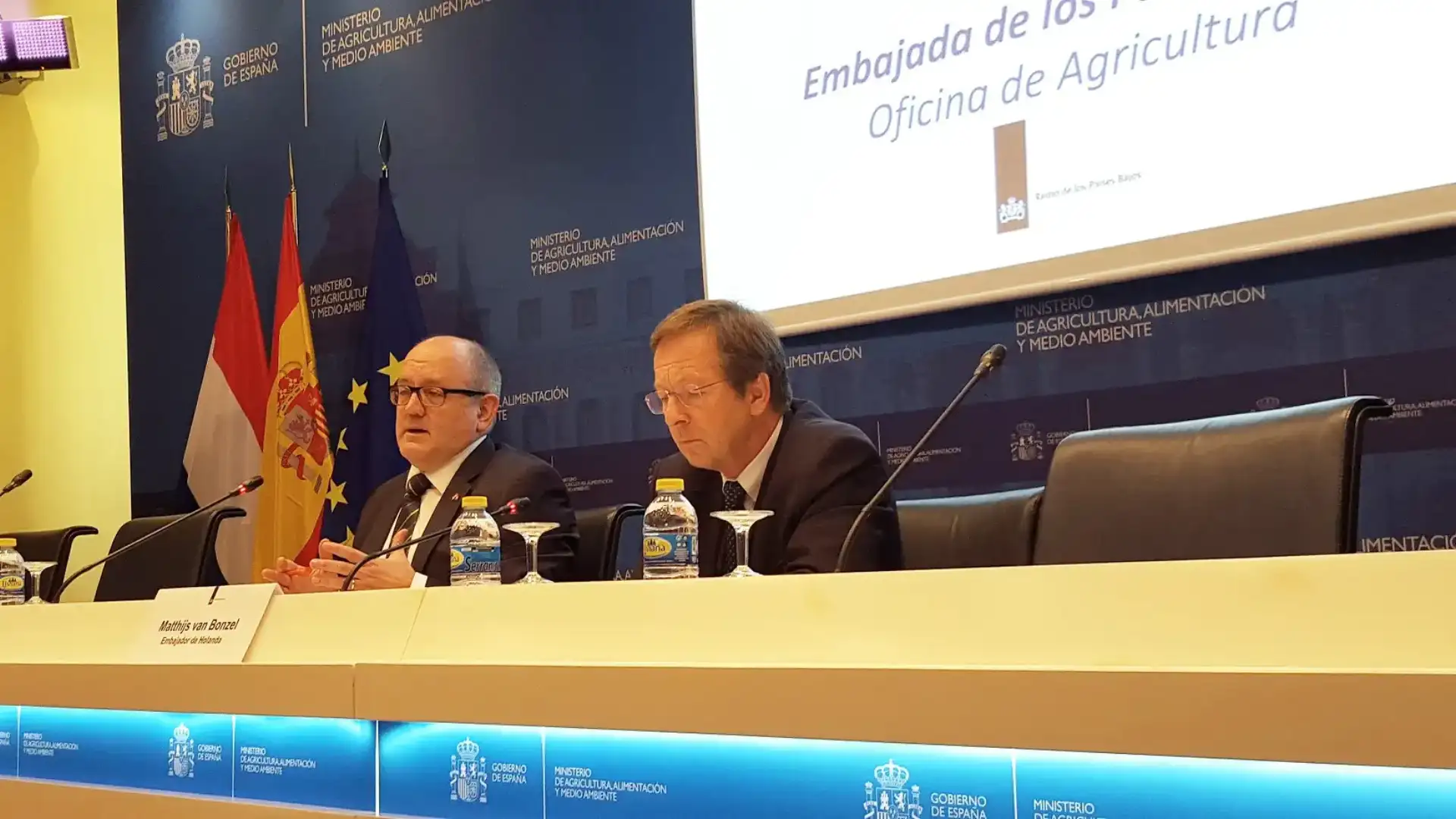
The veto to discards will lead to the drag to tie in the first quarter of the campaign
The veto to discards will lead to the drag to tie in the first quarter of the campaign
Andrés Hermida asks to join efforts to reach a discards plan that avoids the possible landing obligation
The Secretary-General for Fisheries, Andrés Hermida, has stressed the need to join efforts to achieve a discards plan that will provide for all the mechanisms necessary for the implementation of the landing obligation in less than two years, and thus avoid the socio-economic problems that the fishing fleet may have. Andrés Hermida opened this morning at the headquarters of the Ministry, the I Meeting Holanda- Spain on Sustainable and Innovative Fisheries, organized by the Embassy of the Netherlands, which will address aspects that are part of the backbone of today's fishing today, such as discards, technical measures and illegal unreported and unregulated fishing (IUU fishing).
In this regard, Hermida has stressed that discards policy is one of the priorities of the General Secretariat for Fisheries. In this regard, Hermida has explained that the TAC and quota system, combined with the discards ban (the schedule for the inclusion of species subject to landing obligation and the exceptions to be determined must be completed by 2019), can generate the feared "strangulation" effect. This may mean, it has clarified, the stop of many fisheries, with the consumption of the quotas of limiting stocks that have so far been discarded, which would have important economic and employment consequences. The Secretary-General for Fisheries has commented that the Netherlands and Spain, members of the high-level group of North-Western waters, share this concern and have promoted the inclusion of a point of discussion on this issue at the next Council of Ministers of the European Union next week. On the issue of technical measures, Hermida hopes that the new regionalisation framework will allow for measures more in line with the reality of the fishing grounds.
On the other hand, Andrés Hermida has stressed that the control of illegal unreported and unregulated fishing is one of the pillars of the fishing policy of the Government of Spain since 2012. To this end, Spain devotes many efforts, financial, human and technical resources, "and today we can say that we are at the top," he added. As an example, the Secretary-General has identified milestones as significant as obtaining ISO 9001 certification throughout our control system or the development of Sparrow operations. In the specific case of imports of fishery products from third countries, Hermida has added value to Spain's great effort to implement effectively the provisions of the 2008 Regulation establishing a Community system to prevent, discourage and eliminate IUU fishing, with a centralized approach based on the risks identified. According to Hermida, Spain is leading the statistics on verified verifications and rejections, as is noted in the biennial reports available to the Commission. In this area, the Secretary-General has transmitted the "full availability of my department to share and share the experience gained in this area, with the aim of improving and making even more effective our methods against IUU fishing." In addition, Hermida considers it necessary to continue to promote the harmonised application of the import control measures already provided for in Community legislation, "especially among those countries which are key to the volumes of goods we handle, such as the United Kingdom, Germany, Italy, France or the Netherlands."
© 2024 Nautica Digital Europe - www.nauticadigital.eu











